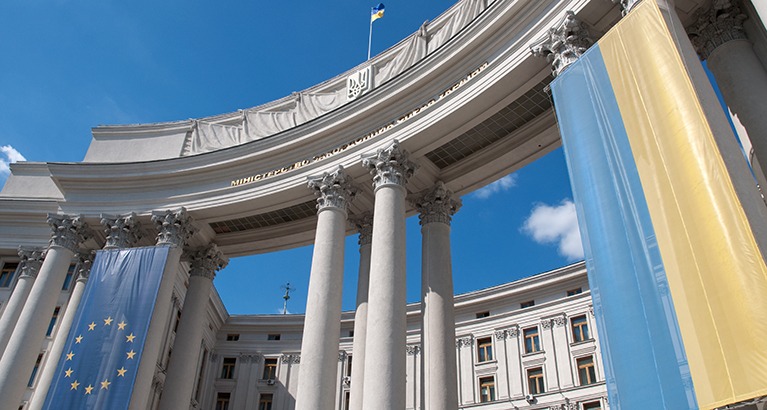The report, co-authored by Simon Deakin, Francesca Farrington and Hanna Sitchenko, is based on research funded by the Cambridge Endowment for Research in Finance (CERF).
“It’s not an easy task to find solutions for the most effective recovery for Ukraine, let alone to attract overseas VC investors, especially when the war is continuing,” says Dr Hanna Sitchenko, CBR research fellow. “However, it is an important time for Ukraine to reform its regulatory framework. With respect to corporate law, we have seen notable progress in enabling greater flexibility for VC transactions.
“We can observe various workarounds and carve-outs which may help provide reassurance for international investors. At the same time, Ukraine needs to more fully integrate into the European and global community. Without solving the problem of corruption, narratives of institutional change will remain incomplete. A vital part of the solution has to be to build trust in the Ukrainian government and in the country’s public institutions.”
By addressing corruption, Ukraine can attract venture capital
Dr Francesca Farrington, lecturer in law at the University of Aberdeen and CBR research associate, adds: “Ukraine has taken many steps towards attracting venture capital. However, Ukraine still struggles with fostering and maintaining the rule of law. As investors continue to cite corruption as a major obstacle and Ukraine continues to perform poorly on this rule of law variable, Ukraine needs to take measures to increase judicial independence and political accountability.
“In many ways, the 2 are inextricably linked, since without an independent judiciary, government cannot be held to account. In short, without getting the institutions right, Ukraine may continue to struggle to attract VC investments.”
Sustainable VC ecosystems are rooted in strong and transparent institutions at national and regional level.
Professor Simon Deakin is Director of the Centre for Business Research. “Our research is the result of extensive interviewing with VC funds and startups and their legal and financial advisers over the past year,” he says. “While the focus of the study was on the situation in Ukraine, we also learned a lot about the state of VC in other European countries. VC has US origins, and so it is not surprising that many European startups choose a US incorporation and listing. However, we also observe distinctive features of European VC. Although VC finance is highly globalised, sustainable VC ecosystems are rooted in strong and transparent institutions at national and regional level, and in public-private partnerships. For Ukraine to get the benefit of VC-led innovation, policy makers will need to consider the local as well as the international dimension of VC law and governance.
Featured research
Deakin, S., Farrington, F. and Sitchenko, H. (2024) The legal framework for venture capital in Ukraine. Cambridge: Centre for Business Research (CBR)





